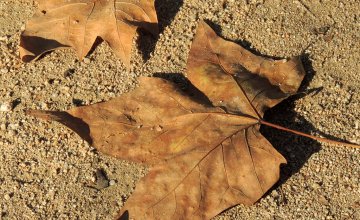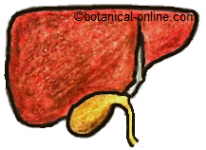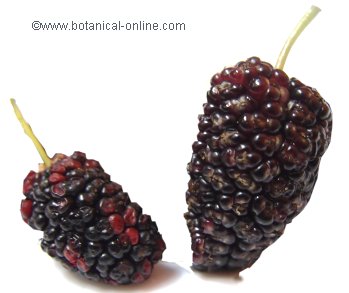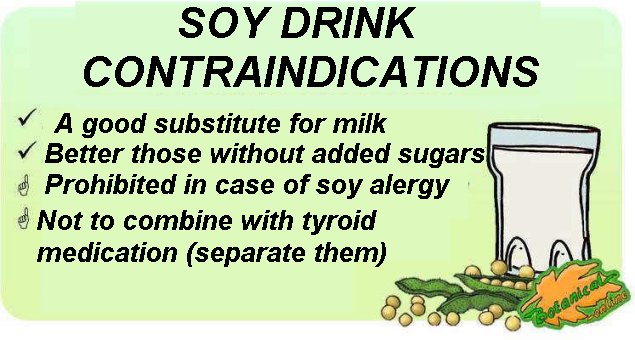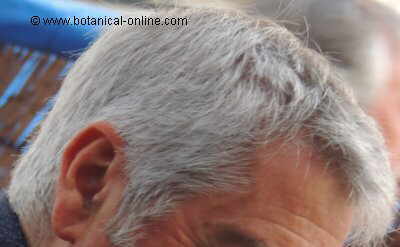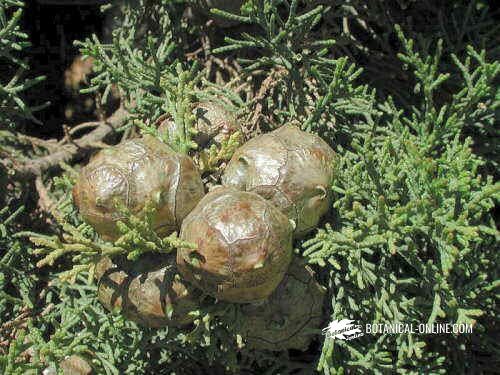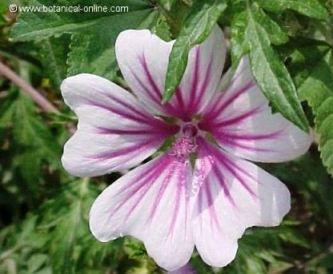Contents
WHEN NOT TO EAT OR USE BORAGE
What are the contraindications of borage?
– Pregnancy and lactation: Borage plant contains pyrrolizidine alkaloids that are toxic to health. Although they are present on this plant in small quantities, these alkaloids can cross the placental and breast barrier, reaching the fetus or baby. Borage has not to be taken during pregnancy or lactation.
– Children under 12 years: It is preferable for children under 12 years NOT to take borage because it contains toxic alkaloids. There have been cases of methemoglobinemy (an excess of methemoglobin) and internal environment disorders in children after consumption of infusions of borage.
– Hepatic impairment: These alkaloids are related to liver damage and liver cancer. They are suppsed to aggravate existing liver diseases such as cirrhosis or hepatitis.
– Neoplasms: The alkaloids present in the plant are hepatocarcinogenic (They tend to produce liver cancer), so the administration of this plant in neoplasms is contraindicated. (A neoplasms is an abnormal growth of body tissue or tumor.)
– Drugs: Borage products should be used with caution in people taking phenothiazine and tricyclic antidepressants.
– Prolonged treatments of borage products are contraindicated.
Cautions on using borage
– Because alkaloids can cause liver damage in pregnant women and during lactation, the precautionary principle has led specialists to obtain benefits from other plant sources such as evening primrose oil (primrose) and black currant oil.
– For the same reason, it should not be used in prolonged treatments.
– People who take borage oil supplements should use certified products so as not to contain pyrrolizidine alkaloids.
When should the doctor be consulted?
Before beginning treatment. Only a medical specialist can assess what supplement is best suited for each person according to their medical records and pathology.
![]() More information on borage.
More information on borage.

